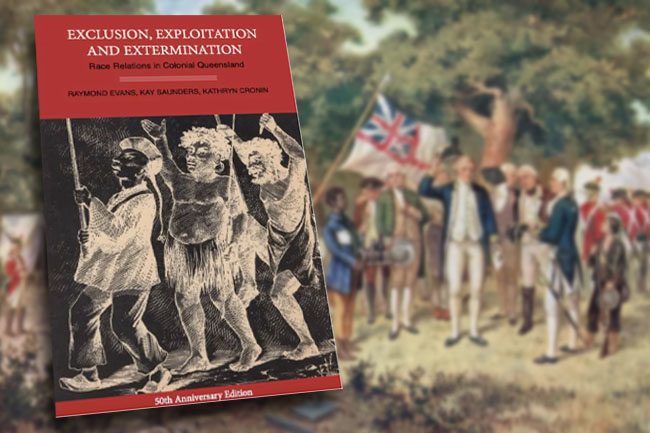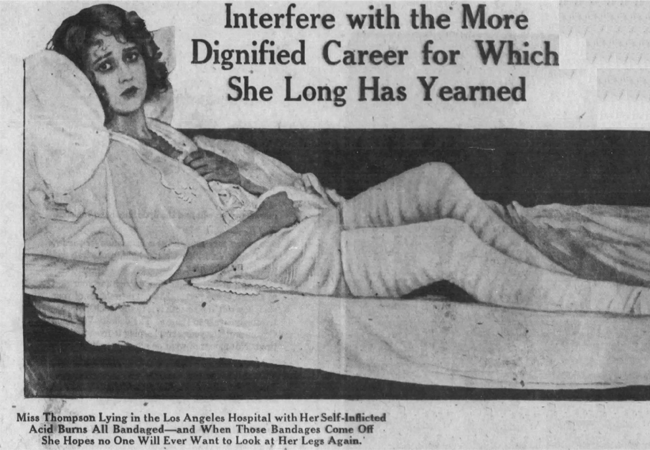On Australia Day 2013, Wayne Swan called for a renewed ‘national conversation’ about Australia becoming a republic. His clarion call was answered on the same day with the announcement of the winners of the Fourth National Republican Short Story Competition. Dr Glenn Davies looks at the growing interest in Australian republican fiction.
OVER THE PAST six months, the Australian Republican Movement has rebranded and reframed the republican issue with a narrative about Australia, including our identity, our values and our place in the world. The new approach is designed to start a conversation about Australia’s identity and to engage people in the campaign for an Australian republic. It is about communicating with Australians a compelling story about our identity and our responsibility to take the future in our own hands. The ARM wants to get Australians talking about us, our country — and the future we will share, together. This campaign is about our identity, as Australians, the way we see ourselves and the way we want to be seen.
The newly elected ARM National Chair, Professor Geoff Gallop AC said:
“We recognize that the issue of the republic has fallen off the agenda in recent times, but we need a new national conversation and that conversation should start now”.
In October 2012, the ARM took the new ‘Our Identity’ campaign to Tasmania and implemented a new campaign website, www.ouridentity.org.au. The ‘Our Identity’ campaign in Tasmania was successful in signing up almost 1,000 new supporters, attracting widespread media coverage, enlisting new volunteers and the endorsement of all three State political party leaders.
David Donovan wrote in Independent Australia that a major reason for an Australian republic is to aid the further development of a distinct and unique Australian identity. He also notes that a great many of Australia’s most important works of fiction look towards our past rather than ahead –
…with some exceptions, rather than preferring bright and optimistic tales, the stories with which we seem to most identify have a strong sense of adversity, injustice and persecution at their core.
He argues that identity comes through the way we think about ourselves and our nation and the narrative about what we are as a nation continues to be updated with new chapters added all the time. It is time that we speculate more on the future rather than dwell on the misgivings of the past.
In 2012, as part of the ‘Our Identity’ campaign, Australia’s fiction writers were challenged to speculate on the possible futures of the Australian republic using the theme ‘defining Australian identity in a future Australian republic’. Since 2009, the National Republican Short Story Competitionhas fostered the emerging Australian republican speculative fiction genre. It seems strange there hasn’t previously been a tradition of republican speculative fiction in Australia. There have certainly been many republican writers in Australia’s past, but very few examples where republican settings or arguments have been explored in Australian fiction. In colonial times, there were republican poets such as Charles Harpur writing in the 1840s and 1850s, and republican writers such as John Dunmore Lang and Daniel Deniehy in the 1850s and William Lane, Henry Lawson and John Norton in the 1880s and 1890s. But where have been the republican stories for the past century? There have certainly been many republican writers during this time, but very few where republican settings or arguments have been explored in Australian fiction. Republican arguments and explorations of the past and imaginations of the future always seem to be written within the framework of constitutional debates.
Winning entries:
The 2012 Judging Panel comprised Tom Keneally, Professor Brian Matthews and Professor John Warhurst.
Jennifer Morris has been awarded ‘First Prize’ in the Fourth National Republican Short Story Competition for ‘The Harvest’ with its excellent evocation of the country town atmosphere as well as descriptions of the vegetable garden and its connections with a sense of home. After an initial career in nursing, Jennifer completed a University degree in Social Sciences, at the same time juggling work and raising children. Her daughters now have families of their own. In the last twelve months she has made time to pursue a long held passion for writing. This is the second short story competition she has entered. Jennifer and her husband have spent most of their married life in country Victoria and have great empathy and hopes for rural Australia.
Ingle Knight has been awarded ‘Second Prize’ in the Fourth National Republican Short Story Competition for ‘When the Ice Melts’, which connects the climate change controversy with dilemmas in the republican debate and discussions of euthanasia. The writing in 'When the Ice Melts' is accomplished with a quietly satirical edge. A prize-winning playwright and actor, Ingle is currently writing a play for Black Swan State Theatre Company about the political origins of the Gallipoli campaign. In 2012, he was the winner of the Richard Burton Playwriting Award. He has a PhD from Murdoch University and lives in Katoomba in the Blue Mountains. ‘When the Ice Melts’ is his first work of prose fiction.
Terry Byrnes has been awarded ‘Third Prize’ in the Fourth National Republican Short Story Competition for ‘Once’. The narrative in 'Once' is daring with its satirical contemporary take on Waltzing Matilda which in the end creates a kind of unfinished echo that is quite dramatic. Terry is an Honours graduate in Social Science from Macquarie University. He began writing in earnest while he was there. On being informed of the award Terry said “playing a small part in the inevitable march towards republicanism gives me a sense of great pride”. Terry works in the Aboriginal justice industry and is an unswerving republican.
The Fifth National Republican Short Story Competition will open on 7 July 2013 and will continue to engage the republican issue with a narrative about Australia, including our identity, our values and our place in the world. The ARM wants to get Australians talking about us, our country — and the future we will share, together. Before every great invention and before every great journey is the idea. Without ideas and imagination, we are all trapped in the past. The short stories ‘The Harvest’, ‘When the Ice Melts’, and ‘Once’ are exercises in imagination and help to lead the way into possible republican futures.
The winning short stories were published on the competition website at http://republicanfiction.blogspot.com.au.
Further reading on the National Republican Short Story Competition:
- Glenn Davies, “The Republic of Letters” in http://www.independentaustralia.net/2012/australian-identity/republic/the-republic-of-letters/
- Glenn Davies, “Be a citizen not a subject” in http://www.independentaustralia.net/2012/australian-identity/republic/be-a-citizen-not-a-subject/
- Glenn Davies, “Unfolding republican futures” in http://www.independentaustralia.net/2011/australian-identity/republic/unfolding-republican-futures/
- Glenn Davies, “3rd National Republican Short Story Competition opens” in http://www.independentaustralia.net/2011/australian-identity/republic/3rd-national-republican-short-story-competition-opens/
- Glenn Davies, “2nd National Republican Short Story Competition winners announced” in http://www.independentaustralia.net/2010/australian-identity/republic/2nd-national-republican-short-story-comp-winners-announced/
- Glenn Davies, “Speculating on a Republic” in http://www.independentaustralia.net/2010/australian-identity/republic/speculating-on-a-republic/
- Glenn Davies, “Republican challenge to Australian speculative fiction writers” in http://www.independentaustralia.net/2010/australian-identity/republic/republican-challenge-to-australian-speculative-fiction-writers/
This work is licensed under a Creative Commons Attribution-NonCommercial-NoDerivs 3.0 Australia License









